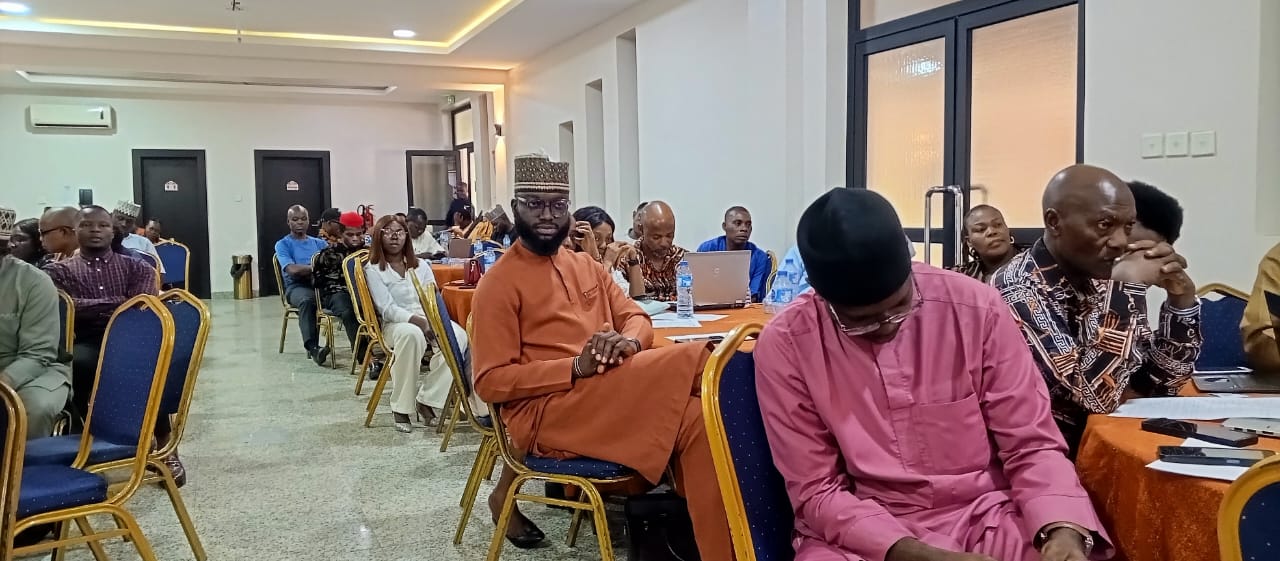The Center for Fiscal Transparency and Public Integrity recently participated in separate events focused on the application and institutionalization of the Proceeds of Crime (Recovery and Management) Act, 2022 (POCA) and Nigeria’s broader asset recovery regime. These engagements underscored the progress made in aligning asset recovery efforts with legal mandates while also highlighting areas for improvement in transparency, utilization, and international cooperation.
Observing the Disposal of Recovered Assets by NDLEA
As part of its commitment to promoting transparency in public finance management, the Center was invited to observe the bid opening and auctioning of recovered properties by the National Drug Law Enforcement Agency (NDLEA). This exercise aligns with Section 61(b) of the POCA 2022, which empowers relevant organizations to “dispose of the controlled property or any part of it, by sale or other means to avoid deterioration or loss of value.”
The transparent disposal of recovered assets is not just a legal requirement, it is essential in ensuring accountability and public trust in the management of proceeds of crime. We commend the NDLEA and other agencies for adhering to POCA provisions, reinforcing the need for due process in asset disposal. However, beyond disposal, there is an urgent need to maximize the value and strategic utilization of recovered proceeds to support social and economic development.
Key Takeaways from the Civil Society Pre-National Asset Recovery Summit
At another event, the Civil Society Pre-National Asset Recovery Summit, organized by the Africa Network for Environment and Economic Justice (ANEEJ), discussions centered on both national and global dimensions of asset recovery. One critical issue that emerged was the need for greater transparency in what it cost the country to recover assets vis-à-vis their value.
A key recommendation from the recently published UNCAC Parallel Report by the Center, which assesses Nigeria’s compliance with Chapter 5 (Asset Recovery) of the United Nations Convention Against Corruption (UNCAC), is the need for the Federal Ministry of Justice to activate a centralized and unified platform for easy access, tracing, and monitoring of recovered assets. Establishing such a platform will ensure that asset recovery efforts are not only effective but also accessible for public oversight.
Additionally, asset recovery is not solely a national issue, it requires strong international collaboration. Illicitly acquired assets often find their way into foreign financial systems, making it imperative for Nigeria to strengthen international cooperation to prevent safe havens for stolen wealth. This includes advocating for greater cross-border transparency, improved legal frameworks, and stronger diplomatic engagements to ensure that recovered assets are returned and repurposed for national development.
While Nigeria has made progress in institutionalizing asset recovery processes, there is still work to be done to ensure full transparency, accountability, and optimal use of recovered assets. The Center remains committed to advocating for reforms that enhance public trust in Nigeria’s anti-corruption framework and asset management practices.

